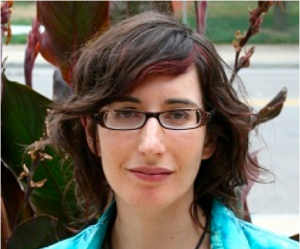I am a computational social scientist and sociologist. In addition to my appointments at Michigan, I am an external faculty member at the Santa Fe Institute and serve on their Science Steering Committee; I also serve on the advisory board for the Social Science Research Council’s Social Data Initiative.
The vast amounts of activity data from sources such as cell phones and the Internet make it possible to study human behavior with an unparalleled richness of detail. Such “big data” are interesting to me in large part because they are behavioral data that allow us to observe how people explore their environment, engage in novel or habitual behaviors, interact with others, and learn from past experiences. My work combines models of human behavior with network science techniques to explore how individuals navigate complex and/or socially structured environments. One line of work focuses on developing “cognitively plausible” models of human decision-making. A 2016 paper used data from a major online dating site to look at mate selection strategies (e.g., the extent to which people invoke ‘deal-breakers’ or ‘deal-makers’) and how these strategies differ by age, gender, and other attributes. A 2019 study examined the decision processes that guide neighborhood choice, and the implications of these strategies for segregation dynamics. My more recent work on decision-making looks at how college students navigate course-taking and major declaration in a large public university, and the implications of these decision strategies for broader patterns of inequality.
A second line of work uses network science techniques to examine the structure of social environments. In two recent papers (2018, 2019), I described the vertical and horizontal organization of online dating markets, e.g., the extent to which singles are concentrated in particular submarkets and/or pursue partners who are “out of their league.” More recent ongoing work includes one project that examines competition in online dating markets and the strategies that mate-seekers use to mitigate that competition, and another project that describes the interdependent structure of curriculums for different majors at a large public university, and the implications of this structure for the flow of students through those majors.
Accomplishments and Awards
- 2022 Propelling Original Data Science (PODS) Grant Award: Developing a large-scale dataset to track romantic relationship formation and maintenance
